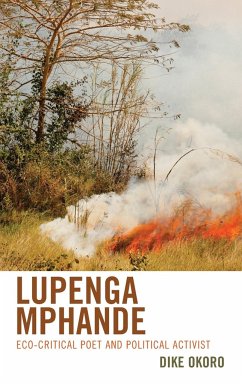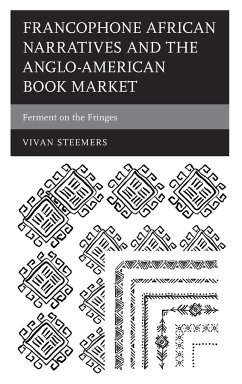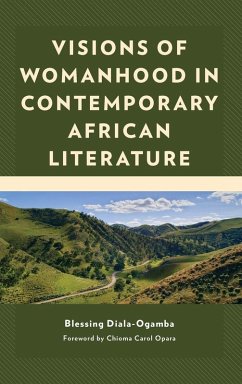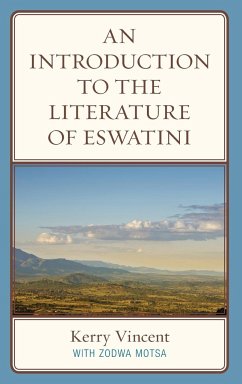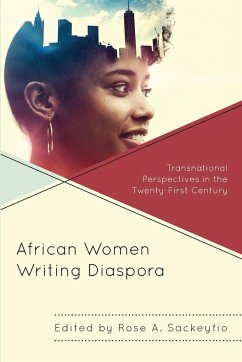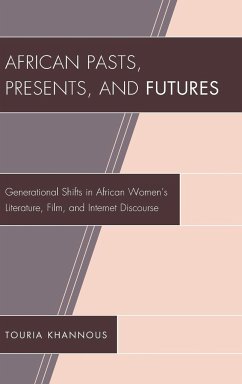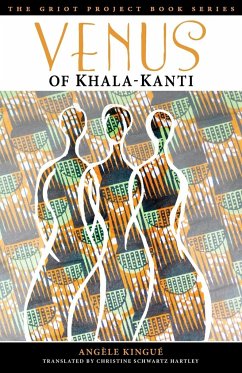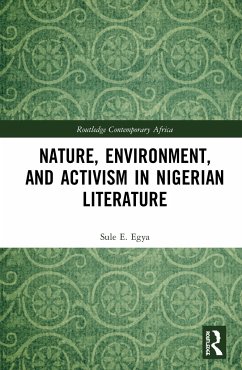
Violent Beginnings
Literary Representations of Postcolonial Algeria
Versandkostenfrei!
Versandfertig in 1-2 Wochen
106,99 €
inkl. MwSt.
Weitere Ausgaben:

PAYBACK Punkte
53 °P sammeln!
Violent Beginnings: Literary Representations of Postcolonial Algeria explores how violence, during the Algerian War of Independence (1954–1962) to the more recent civil war (1991–2002), has shaped literary representations of both family and nation in contemporary literature.






